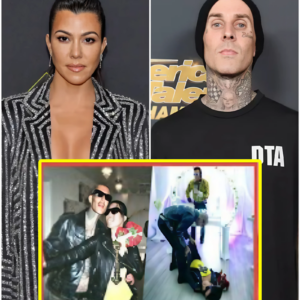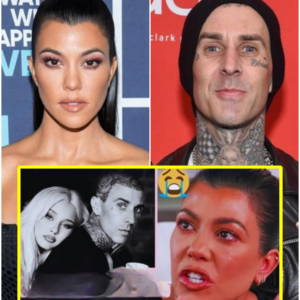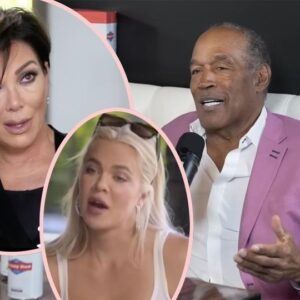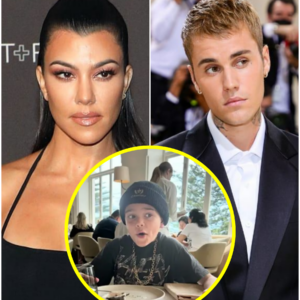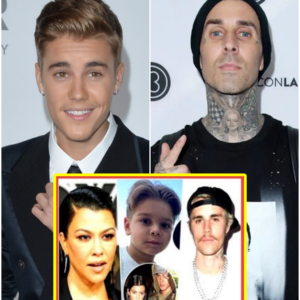The longstanding feud between The Game and 50 Cent recently resurfaced after the Super Bowl halftime show controversy. Despite seemingly burying the hatchet in 2016, tensions flared again, highlighting deep-seated animosities that have defined their relationship over the years.
The rift reignited when The Game expressed disappointment over not being included in the star-studded lineup of West Coast artists at the 2022 Super Bowl halftime show. Held in Los Angeles, the event featured Dr. Dre, Snoop Dogg, Eminem, and others, celebrating West Coast hip-hop icons. The Game, a Compton native with strong ties to the area, felt snubbed, suggesting a personal exclusion orchestrated by showrunners.50 Cent, who performed at the halftime show and later won an Emmy for his participation, added fuel to the fire. In a series of social media posts, 50 Cent mocked The Game’s absence from the event, highlighting low album sales and reigniting old tensions. This public ridicule cut deep, resonating beyond mere music industry rivalry.
Their feud dates back to The Game’s tenure under 50 Cent’s G-Unit label, which ended acrimoniously in 2005. Despite occasional reconciliations, such as their 2016 truce, the relationship remains volatile. The Game’s retaliatory posts, including one referencing 50 Cent’s family life, escalated tensions further, suggesting a return to their feud’s bitter roots.
Observers speculate on the motives behind The Game’s provocative actions. Some view it as attention-seeking behavior to boost album sales and maintain relevance in a shifting music landscape. Critics argue that such antics detract from The Game’s undeniable talent, overshadowing his contributions to West Coast hip-hop.
Meanwhile, 50 Cent’s responses were seen as calculated provocations aimed at asserting dominance and reasserting his influence in the industry. His Emmy win and subsequent social media jabs reinforced his status as a formidable figure in hip-hop, capable of leveraging controversy for personal gain.
The public spectacle underscores broader issues within hip-hop culture, including ego clashes, territorialism, and the commodification of personal vendettas for entertainment value. It also reflects ongoing debates about authenticity and integrity in an industry increasingly driven by social media drama.
As the feud unfolds on digital platforms, fans and critics alike debate the authenticity of the conflict versus its potential as a publicity stunt. While some lament the loss of unity among hip-hop artists, others argue that such conflicts are integral to the genre’s competitive spirit and cultural relevance.
Looking ahead, the future of The Game and 50 Cent’s relationship remains uncertain. Whether they will reconcile again or continue to trade barbs in public forums is anyone’s guess. What is clear is that their feud, rooted in personal and professional grievances, continues to captivate audiences and shape perceptions of hip-hop culture.
In conclusion, the renewed clash between The Game and 50 Cent serves as a reminder of the volatile nature of fame, egos, and personal legacies in the world of hip-hop. Beyond the music, it highlights deeper tensions and rivalries that define the genre’s evolution and enduring appeal.
News
(B) Travis Barker MISSED when Kourtney Kardashian returned home drunk after Kardashians party. (VIDEO)…
Courtney Kardashian made headlines just seven weeks after giving birth when she decided to attend the annual Kardashian Jenner Christmas party sans pants. Despite recently welcoming her fourth child, Rocky, with boyfriend Travis Barker, Courtney seemed anything but tired as…
(B) Kourtney Kardashian Shocking Revelation on Why Her Relationship with Travis Barker Ended. (VIDEO)…
In the public eye, Travis Barker and Courtney Kardashian’s relationship was once perceived as an unbreakable union, filled with passion and devotion. However, recent revelations paint a vastly different picture, revealing the underlying turmoil that ultimately led to its demise….
(B) Kourtney Kardashian SECRET XTAPE With Minor Justin Bieber REVIEWED by The Feds. (VIDEO)
The recent discovery of a video purportedly featuring Courtney Kardashian and Justin Bieber has ignited a firestorm within the entertainment industry, prompting intense speculation about its potential ramifications. This revelation, coupled with reports of a raid on Diddy’s home, has…
(B) EXTREMELY SHOCKING: Kris Jenner Lied About DNA Test To Khloe Kardashian As O.J. Simpson Could Be Her Father. (VIDEO)..
In a moment etched into the memories of internet users, Chris Jenner once orchestrated a dramatic DNA test to dispel rumors surrounding Khloe Kardashian’s paternity. Speculations swirled, stemming from Jenner’s revelations in her memoir “Chris Jenner and All Things Kardashian,”…
(B) Kourtney Kardashian finally shows proof her son Reign Disick is actually Justin Bieber’s son. (VIDEO)..
Courtney Kardashian recently embarked on an exciting escapade to Australia and New Zealand with her husband, Travis Barker, for his tour. However, it was their youngest son, Rain, who stole the spotlight during their adventures. With his mischievous antics and…
(B) NEWS HOT; Travis Barker Found Evidence of Kourtney Shared Baby With Justin Bieber (video)…
The rumor mill surrounding Justin Bieber and the Kardashian family has been churning for quite some time, igniting speculation about his connections with various members. While the details are murky and often sensationalized, let’s delve into the complexities of these…
End of content
No more pages to load
